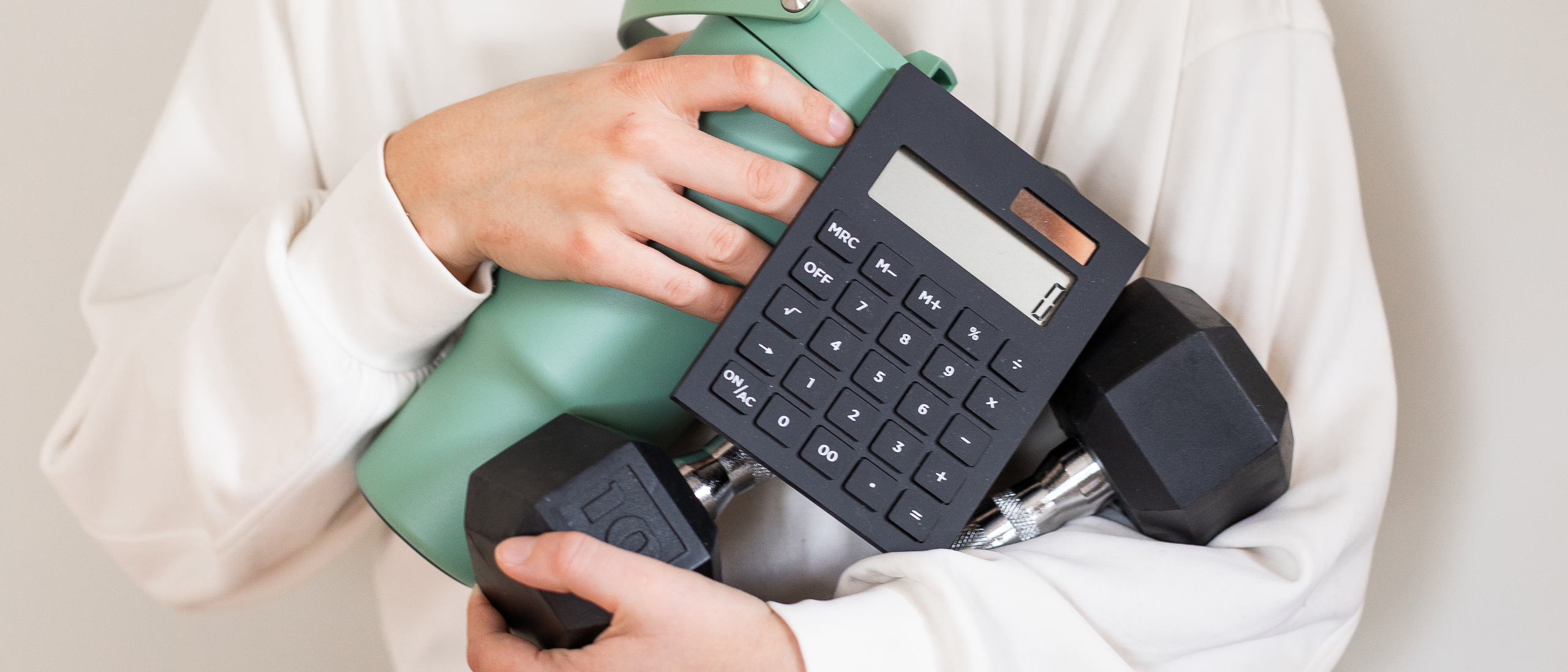Owning a home is an important dream and a pivotal milestone for many people. But can you get a mortgage with unpaid taxes?
In today’s article, I’ll answer that question as well as address whether you should apply for a mortgage with unpaid taxes looming over your head.
Can I get a mortgage with unpaid taxes?
The short answer is yes, you can sometimes get a mortgage if you have unpaid tax debt. Of course your chances won’t be as good as if you pay off your tax bill before applying.
If you have entered into an agreement with the IRS Debt Forgiveness Program, make sure you include that information in your loan application. The lender may also ask for proof of payment towards any repayment plans you have in place with the IRS. Showing that you already have a plan in place to pay off your back taxes and proving that you have consistently been doing so can improve your chances of getting a mortgage with unpaid taxes.
Should I apply for a mortgage with unpaid taxes?
In my opinion, it’s not a good idea to apply for a home loan when you have unpaid taxes even if it’s possible for you to get one. Why? Just like when you owe any debt, the bank or lender will take that into account when deciding upon the terms of your mortgage. If you have unpaid taxes, that will decrease your chances of getting a good interest rate, which means you’ll end up paying more for your home than you should.
Can I get a mortgage with unfiled taxes?
Getting approved for a mortgage will be much trickier, if not impossible, if you haven’t filed your taxes at all in the past year or more. This is because lenders look at your income tax returns from at least the two previous years when determining whether or not they will approve your mortgage. They use those tax documents to verify and analyze your income and debt.
If you need to file your taxes before applying for a mortgage, the process for filing taxes for previous years is straightforward. If you’re not sure where to start or need help, just contact a CPA for assistance. If you’ve been putting off filing because you think you’ll owe taxes, remember that filing is the first step you’ll need to take in order to apply for the IRS Debt Forgiveness Program.
Can I get a new mortgage with a tax lien on my other property or income?
Whether or not you’ll be able to get a new mortgage when the IRS has placed a tax lien on another property or your assets will boil down to whether or not you’re on a payment plan with the IRS and have consistently been making your payments for a certain period of time (usually between three and 12 months). The lender may also ask that you file an Application for Certificate of Subordination of Federal Tax Lien with the IRS. If the IRS approves this application, they are basically saying that if you default on your new mortgage and the mortgage company places a lien on your property, that lien will take precedence over the IRS’ lien in terms of repayment.
However, even if you’re doing your best to pay off your tax lien, most lenders won’t be willing or able to approve a new mortgage for you until the lien has been removed completely.
Additionally, just like when someone has unpaid taxes, if you apply for a new mortgage when you still have a tax lien against your assets, even if you are approved for a mortgage, the interest rate and terms of the loan will be much worse than if you wait until your debt is paid off and your lien is removed.
Can I get a mortgage with unpaid state taxes?
Lenders will treat unpaid state taxes and liens in the same way they treat unpaid federal taxes and liens. Your best course of action is to pay any back taxes you owe at the federal, state, and local levels before applying for a mortgage.
The bottom line is that you might be able to get a mortgage with unpaid taxes but in most cases, it doesn’t make financial sense to do so. Instead, here are the steps I suggest:
- If you need help filing your previous year(s) tax returns, work with a CPA who can get you on the right track. Delaying this any longer will only lead to more debt and worry.
- Check to see if you can apply and qualify for the IRS Debt Forgiveness Program so that you can start to put your tax debt behind you. Your accountant will be able to help you with this step as well.
- Pay off all back taxes and have all tax liens removed from your assets before applying for a mortgage. You should make sure you have a clean slate with the IRS as well as state and local tax authorities.




